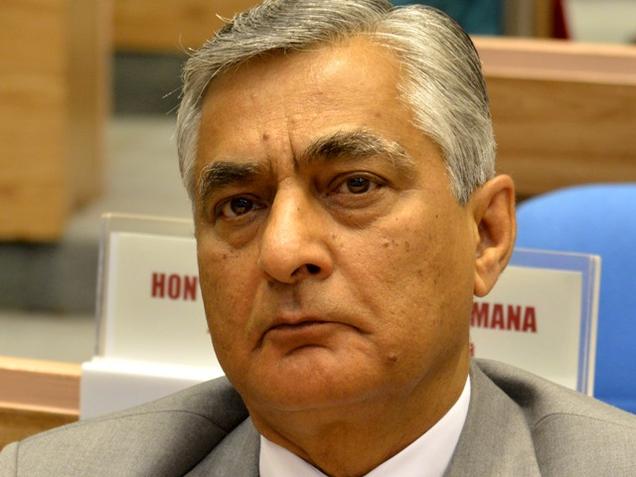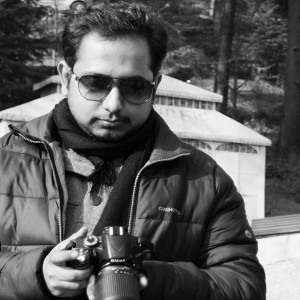Earlier this month, T S Thakur was sworn in as the 43rd Chief Justice of the Indian Supreme Court. Among his many claims to fame is his observation that polygamy is not an intrinsic part of the religion of Islam, his monitoring of the Clean Ganga project and the probe into the Saradha chit fund case. Apart from the whole new-broom-sweeps-clean expectation, those in the legal fraternity have voiced other hopes from him:

(Image Source)
Zero tolerance
The judge indicated that “devious behaviour” of those in the judiciary would not be tolerated at all, indicating that a very dim view would be taken of corruption within the judiciary.
The challenge of judicial vacancies
There are an estimated 400 vacancies in the judiciary currently and filling these would be one of the main challenges of his tenure, CJI Thakur said. Appointing retired judges on an ad hoc basis, increasing the retirement age from 60 to 65 are some of the solutions he supports.
Criteria for judicial appointments
CJI Thakur also indicated that we may be seeing more women judges while maintaining a balance between merit and regional representation when appointing judges.
Support for arbitration and clearance of judicial pendency
The judge feels that arbitration to resolve issues between parties is very welcome in a judicial system hamstrung by backlogs of cases pending not just for years but for decades. Clearing judicial pendency is top priority, he has said. He welcomes this parallel court system that helps “relieves us of the burden of pendency of cases” and supports the proposed amendments to the Arbitration Act.
Support for various initiatives
CJI Thakur was among the first voices to pledge support for the Delhi Government’s odd-even rule for vehicles to reduce air pollution in the country’s capital.
Clarity on the intolerance debate
When posed a question about the rising intolerance debate in the country, the judge intimated that “it is our responsibility” and that “we are capable of protecting the rights of all sections of people” that reminded us that “Rule of law and constitutional guarantees are enshrined (in the constitution)”
Some of those in the know admire the man for this clarity and purposefulness on various matters and others feel that his humility is one of his best assets.
Author: Reena Daruwalla





